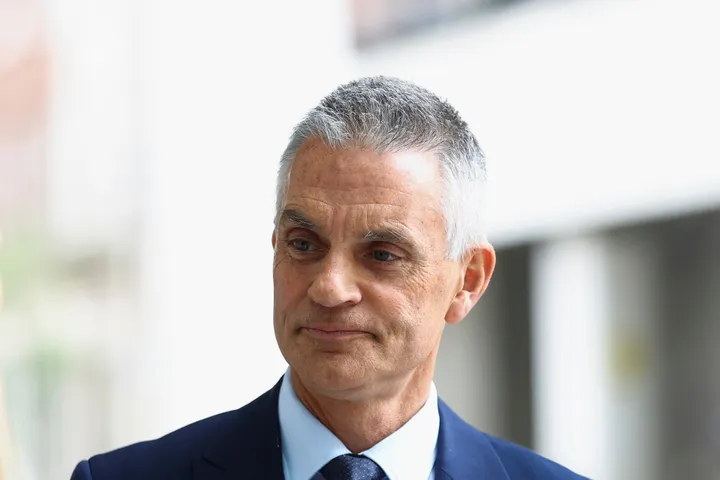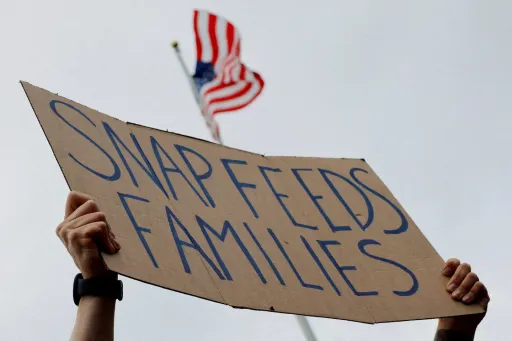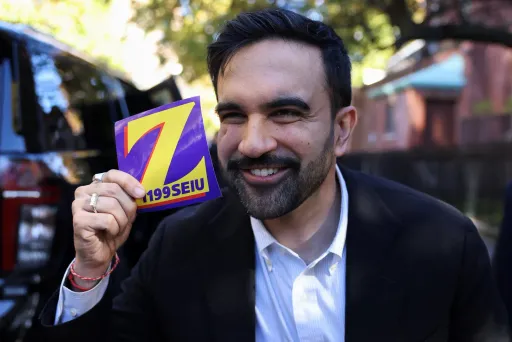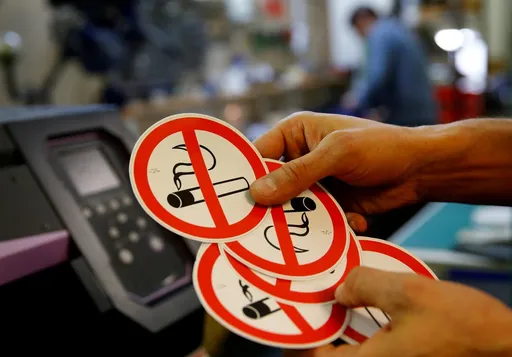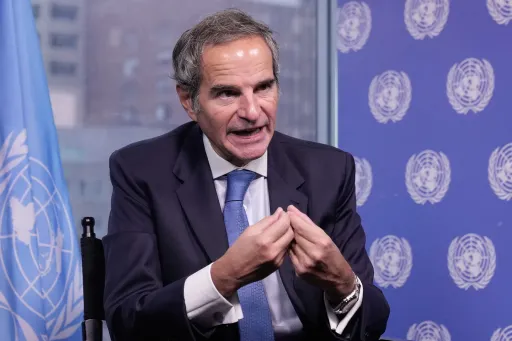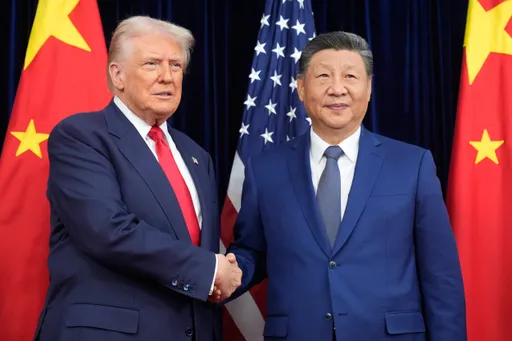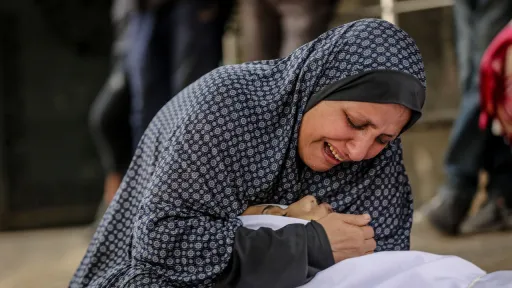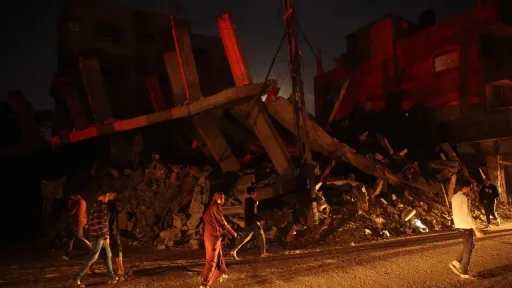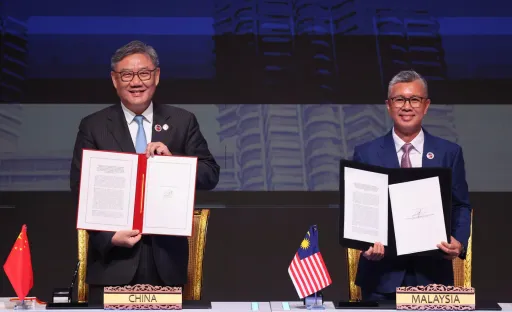By Firmain Eric Mbadinga
A battle of attrition is playing out on the sidelines of the Niger crisis between the former coloniser, France, and the military junta that ousted the government of former President Mohamed Bazoum in a coup d’état on July 26.
Since the widely publicised events of that day, France has upped the ante through repeated declarations about its refusal to recognise the junta, punctuated with outbursts that have kept the pot boiling.
Paris's defiance in the face of the junta's decision to strip the French ambassador to Niger of diplomatic immunity and order the police to expel him is seen as a sign of a further escalation of the tug of war.
Origin of tensions
Soon after it became clear that Niger was in the throes of West Africa's latest coup d’état, reactions from around the democratic world followed the customary pattern of condemnation and calls for the unconditional reinstatement of Bazoum as President.
On July 28, France, through its minister of foreign affairs, spelt out that it "does not recognise the authorities" resulting from the putsch led by Gen Abdourahamane Tchiani. The statement unequivocally stated that France considers "democratically elected" Bazoum “the sole President of the Republic of Niger".
Bamba Koté, a Bissau-Guinean political analyst, believes that the junta's seizure of power would have caught everyone unawares despite the region's history of such takeovers.
"It's certainly true that with the coups d'état in Mali, Burkina Faso and Guinea, some might say that the one in Niger should not have been surprising. But I dare say that given the mechanisms put in place by ECOWAS, the coup d'état was a surprise," he tells TRT Afrika.
"Niger, like the other countries of the region, was experiencing instability, especially since the death of Idriss Deby in Chad, who had been taking action to counter the advance of the militia in the corridor that includes Niger. However, the coup in Niger was unexpected, except perhaps for those who live there."
Barka Ba, a Senegalese political scientist, sees it differently. "If you know anything about Niger's troubled political history, a putsch in that country was not out of the question. There was even a serious warning just before President Bazoum came to power, because just two days before he was sworn in, a coup d'état had been foiled," he says.
While the events of July 26 weren't entirely unexpected for some, the coup d'état is believed to have taken by surprise even the best-informed intelligence services, such as the French Directorate General of External Security (DGSE), which has a strong presence in Niamey.
After all, one of the people who had helped foil the attempted coup ahead of Bazoum's swearing-in was Gen Tchiani, who overthrew the government.
Against this backdrop, France's position on the coup d'état and its refusal to acknowledge the junta is clear-cut and "perfectly normal", says Barka Ba.
"It isn't just France. There is the US, ECOWAS, the African Union, and others, and even the United Nations. It's a question of the principles of constitutional states, which refuse to accept the seizure of power by any means other than democracy," he explains.
Koté attributes France's "particular attitude" towards the military junta to Niger's geostrategic importance.
"This situation is an opportunity for France, in its African preserve, with Russia coming into the equation. The presence on African soil of Russia's Wagner group would be seen as a disruptive, even worrying element for many powers already well established in Niger."
In many ways, Koté sees the putsch playing out as "a war of interests" and "a war of positioning".
In the days following the coup, ECOWAS held a series of meetings to decide whether to intervene militarily in Niger to reinstate Bazoum as President. At the same time, the African Union suspended Niger, and France lent its support to all these measures to restore "constitutional order".
Embattled embassy
The French ambassador, Sylvain Itté, being asked to leave the country after he failed to honour an invitation by the junta to explain France’s position marks a turning point in the already tense relations between the junta and France.
For Kerwin Mayizo, a Congolese journalist and political analyst based in Paris, the increased acrimony suggests that the military junta is fast approaching the point of crossing the Rubicon.
"France might have reasons for coming hard at the junta if French nationals or its bases in Niger were attacked or the embassy were subjected to what could be described as an attack. The junta is currently treading on thin ice," says Mayizo.
On the other hand, many political analysts and observers believe Niger must not give in to France's "provocations".
Barka Ba thinks that the French ambassador's refusal to obey the injunctions of the Niger junta is part of the "psychological warfare" between the junta and French President Emmanuel Macron.
"Until now, despite the expiry of the deadline, the authorities in Niamey have refrained from forcibly expelling the ambassador, no doubt for fear of starting a showdown that could ignite a powder keg with unforeseeable consequences," the Senegalese political scientist tells TRT Afrika.
Mayizo points out that France has much to lose in this fight, particularly regarding African public opinion.
"What France needs to do now is negotiate with the new authorities. It is in France's interest to proceed cautiously, especially as its main ally, the US, is showing a different spirit," he says.
"It is this attitude that France should have perceived from the outset because it is France that has much more to lose."
All eyes are now on France as it stands at the crossroads of an African nation whose direction it once controlled with an iron hand.




